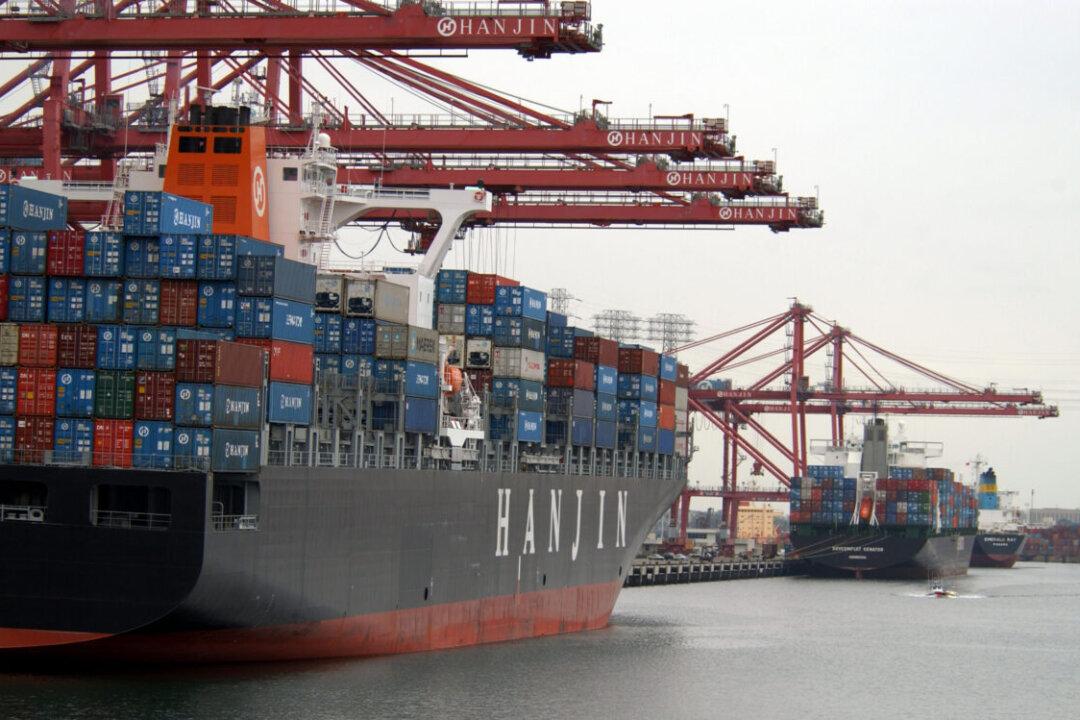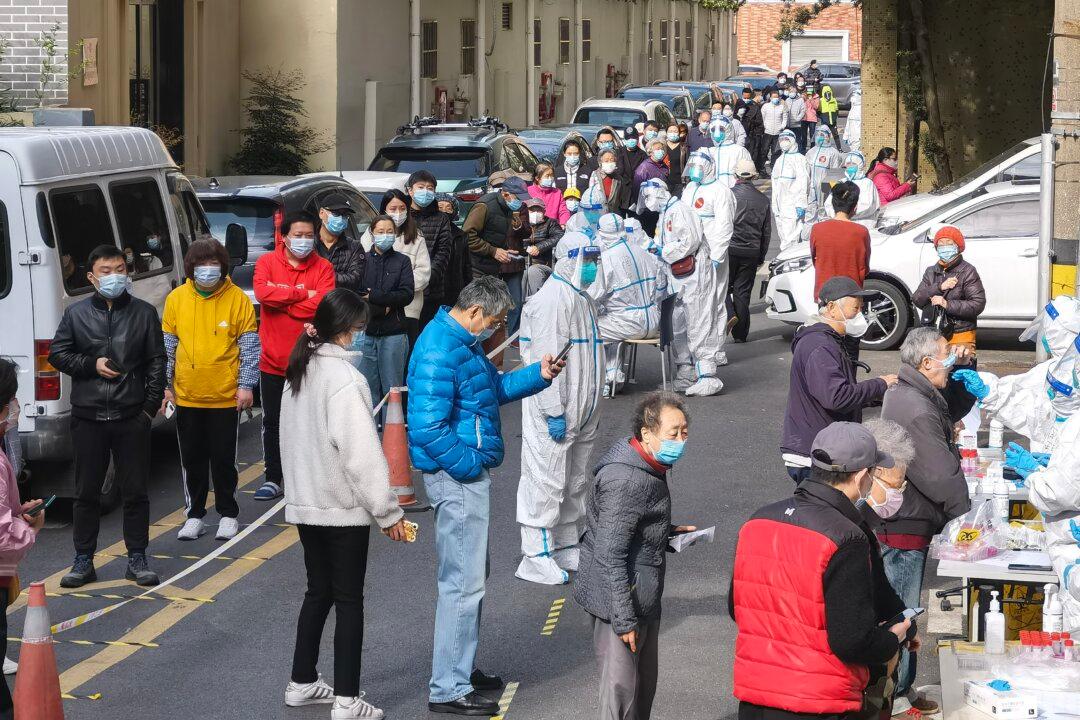The Chinese New Year holiday, which lasted nearly one week, along with the Beijing Winter Olympics and the Communist ruling regime’s “zero tolerance” epidemic policy might exacerbate the global supply chain crisis amidst severe disruptions in global shipping, experts said.
Container tracking platform Container xChange said in a late January survey that 66 percent of 500 polled freight industry respondents hold the view that the Chinese New Year holiday from Jan. 31 to Feb. 6 would impose more pressure on the shipping supply chain, with Chinese factory and port shut down further lengthening transit times and tightening available containers.






